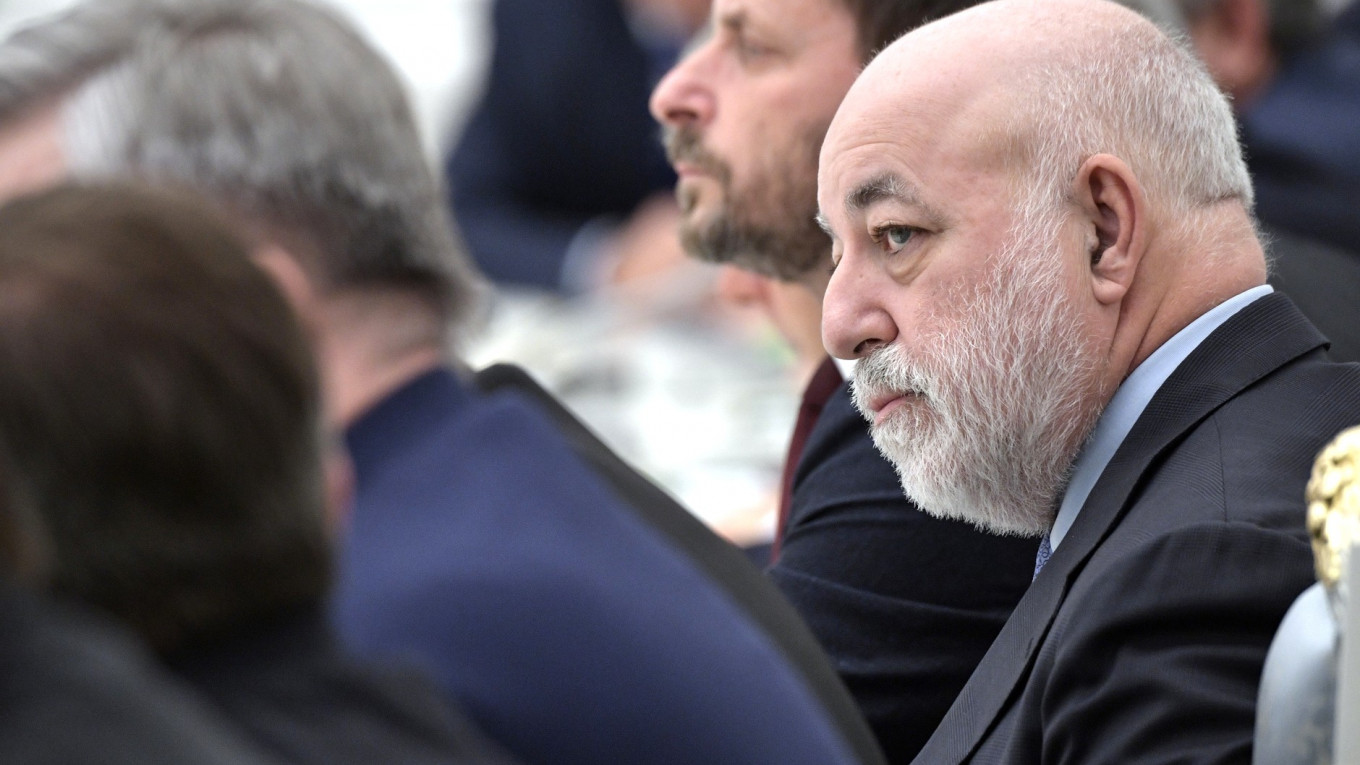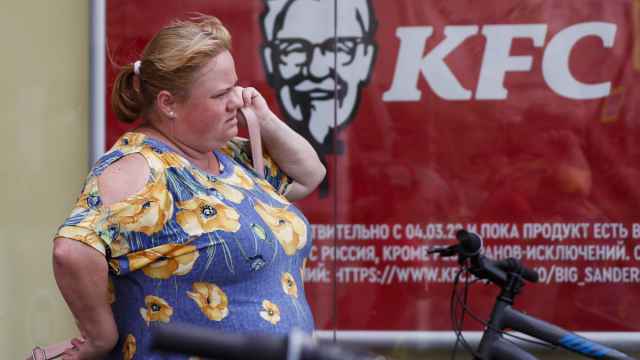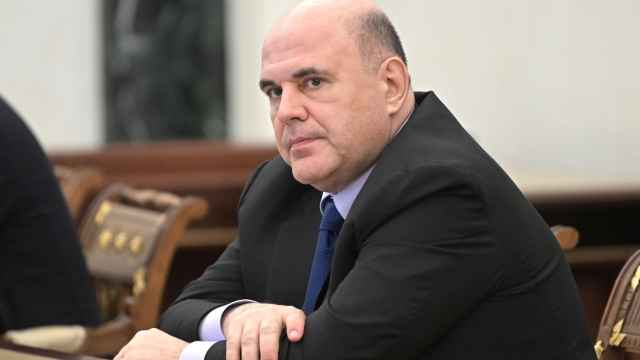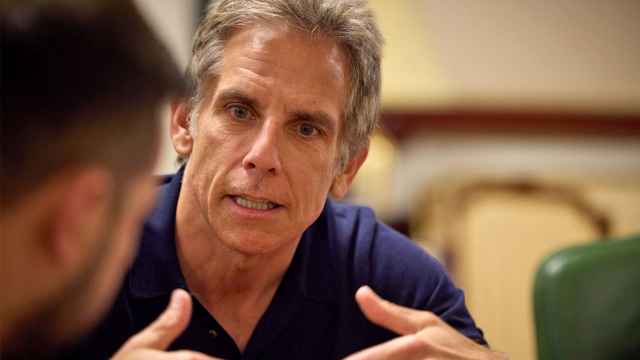Russian metals tycoon Viktor Vekselberg has had more than $1.5 billion worth of foreign assets frozen as a result of U.S. sanctions, he told Forbes magazine.
Owner of the commodities and communications conglomerate Renova Group, Vekselberg was placed under U.S. sanctions in April 2018, as part of Washington’s response to Russia’s “malign activity” — the annexation of Crimea, involvement in Eastern Ukraine and alleged interference in the 2016 U.S. Presidential Election.
The sanctions froze the assets of many wealthy Russians, who the U.S. alleges is close to the Kremlin, and generally prohibit Western businesses and individuals from working with them.
Vekselberg has been linked with Russia’s courting of former U.S. president Donald Trump ahead of the 2016 election. He attended Trump’s swearing in ceremony, Bloomberg reported, and boasted to Russian officials about his closeness to the U.S. administration and ability to sway sanctions policy.
In an interview with Forbes Russia, Vekselberg said he had “more than” $1.5 billion held up in overseas assets that he can no longer access without written permission from the U.S. Treasury Department. Most of the assets are believed to be shares of companies located in Switzerland. Various media reports citing anonymous sources “close to” the billionaire had previously estimated his losses at $1-2 billion from the imposition of sanctions.
Vekselberg is worth more than $16 billion according to the Bloomberg Billionaires Index. Alongside his business interests, Vekselberg is also behind a number of education and cultural projects backed by the Russian government, including the Skolkovo technology cluster — Russia’s attempt to develop a Silicon Valley-like ecosystem in Moscow’s suburbs, favored by former President Dmitry Medvedev.
Vekselberg has been outspoken in hitting out against U.S. sanctions. He told Forbes: “Many of my ideas about the world had to be changed. I always believed that I understood the Western world ... Therefore the sanctions were a shock.”
He added that he has submitted written requests to both the U.S. Treasury and the European Commission to try and access the funds, which have been rejected.
The use of personal sanctions against Russian business figures has been thrust back into the spotlight in recent weeks, with calls for the West to levy new punishments against the Kremlin in response to the poisoning and arrest of leading Kremlin critic Alexei Navalny.
A Message from The Moscow Times:
Dear readers,
We are facing unprecedented challenges. Russia's Prosecutor General's Office has designated The Moscow Times as an "undesirable" organization, criminalizing our work and putting our staff at risk of prosecution. This follows our earlier unjust labeling as a "foreign agent."
These actions are direct attempts to silence independent journalism in Russia. The authorities claim our work "discredits the decisions of the Russian leadership." We see things differently: we strive to provide accurate, unbiased reporting on Russia.
We, the journalists of The Moscow Times, refuse to be silenced. But to continue our work, we need your help.
Your support, no matter how small, makes a world of difference. If you can, please support us monthly starting from just $2. It's quick to set up, and every contribution makes a significant impact.
By supporting The Moscow Times, you're defending open, independent journalism in the face of repression. Thank you for standing with us.
Remind me later.






